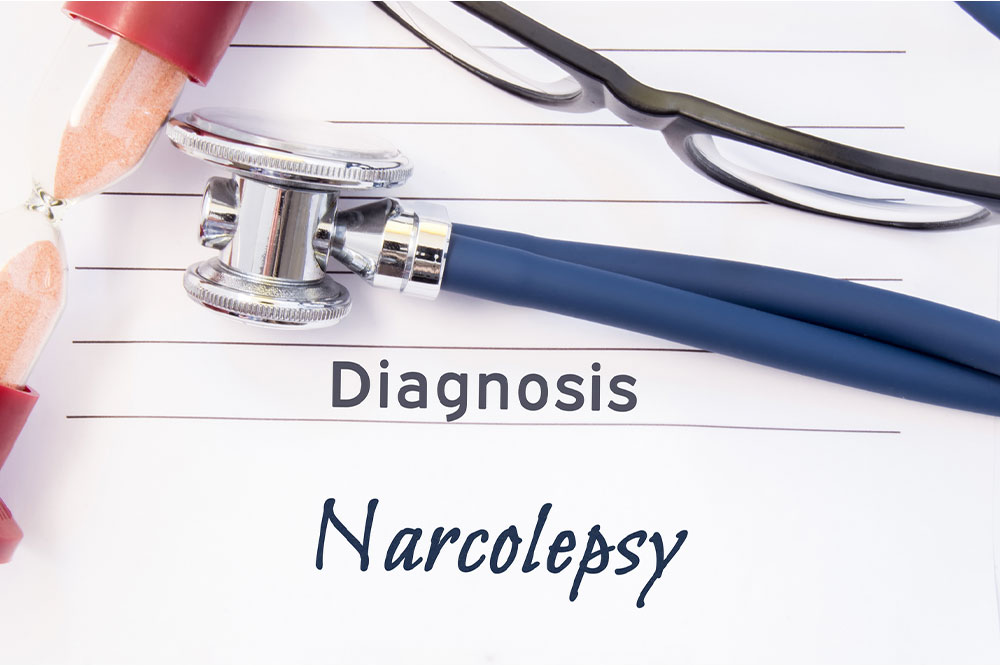Understanding the Key Signs of Narcolepsy
Discover the essential signs of narcolepsy, including extreme fatigue, hallucinations, sleep paralysis, and muscle weakness. Learn how these symptoms impact daily life and the importance of proper diagnosis. This comprehensive overview highlights key features and encourages medical consultation for effective management of this neurological disorder.

Understanding the Key Signs of Narcolepsy
There are many myths surrounding narcolepsy, a neurological disorder. Medical experts attribute its cause to a deficiency in hypocretin, a brain chemical critical for regulating sleep-wake cycles, including REM sleep. Disruptions in these cycles lead to severe exhaustion, concentration problems, memory issues, and hallucinations.
Individuals with narcolepsy often experience sudden sleep episodes, known as sleep attacks, which can occur unexpectedly during daily activities like eating or driving. Sadly, many remain undiagnosed and untreated. Diagnosis involves identifying at least one of four key symptoms, which can vary in intensity.
Keep in mind that only about one-third of those with narcolepsy display all four symptoms:
1. Intense fatigue
The most noticeable feature of narcolepsy is overwhelming tiredness. While many don’t fall asleep mid-activity, during severe episodes, individuals may lose focus, experience mental fog, or perform automatic actions—repetitive behaviors without full awareness. These automatic actions are often forgotten afterward.
2. Visual and consciousness disruptions
Patients may encounter sleep paralysis and vivid hallucinations while awake, falling asleep, or waking. Sleep paralysis is a frightening moment where the person is conscious but unable to move or speak for seconds or minutes. Hallucinations involve detailed, lifelike sensory experiences that occur at sleep transition points, often causing distress.
3. Muscle weakness episodes
Cataplexy, characterized by sudden muscle weakness or loss of muscle tone, is common. It can involve minor muscle slackening or collapse of the entire body, often triggered by strong emotions like laughter, surprise, anger, or fear.
4. Additional symptoms
Sleep irregularities such as insomnia, restless sleep, daytime drowsiness, memory issues, focus problems, and depression are frequent among those with narcolepsy, reflecting the disorder's impact on overall sleep-wake health.
Note: The information provided regarding symptoms, treatments, or health conditions aims to inform only. It should not replace professional medical advice. Please consult healthcare providers for diagnosis or treatment decisions.










